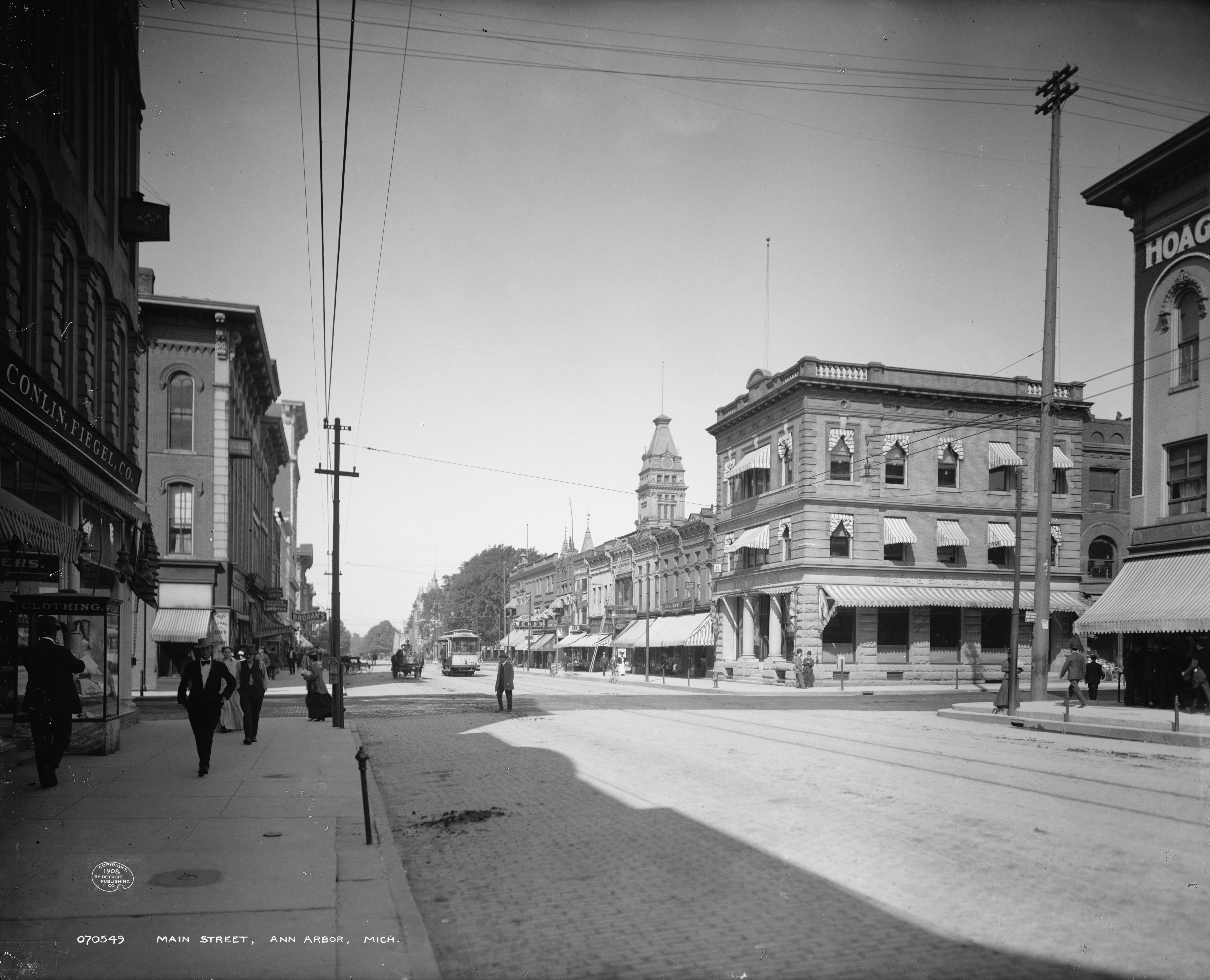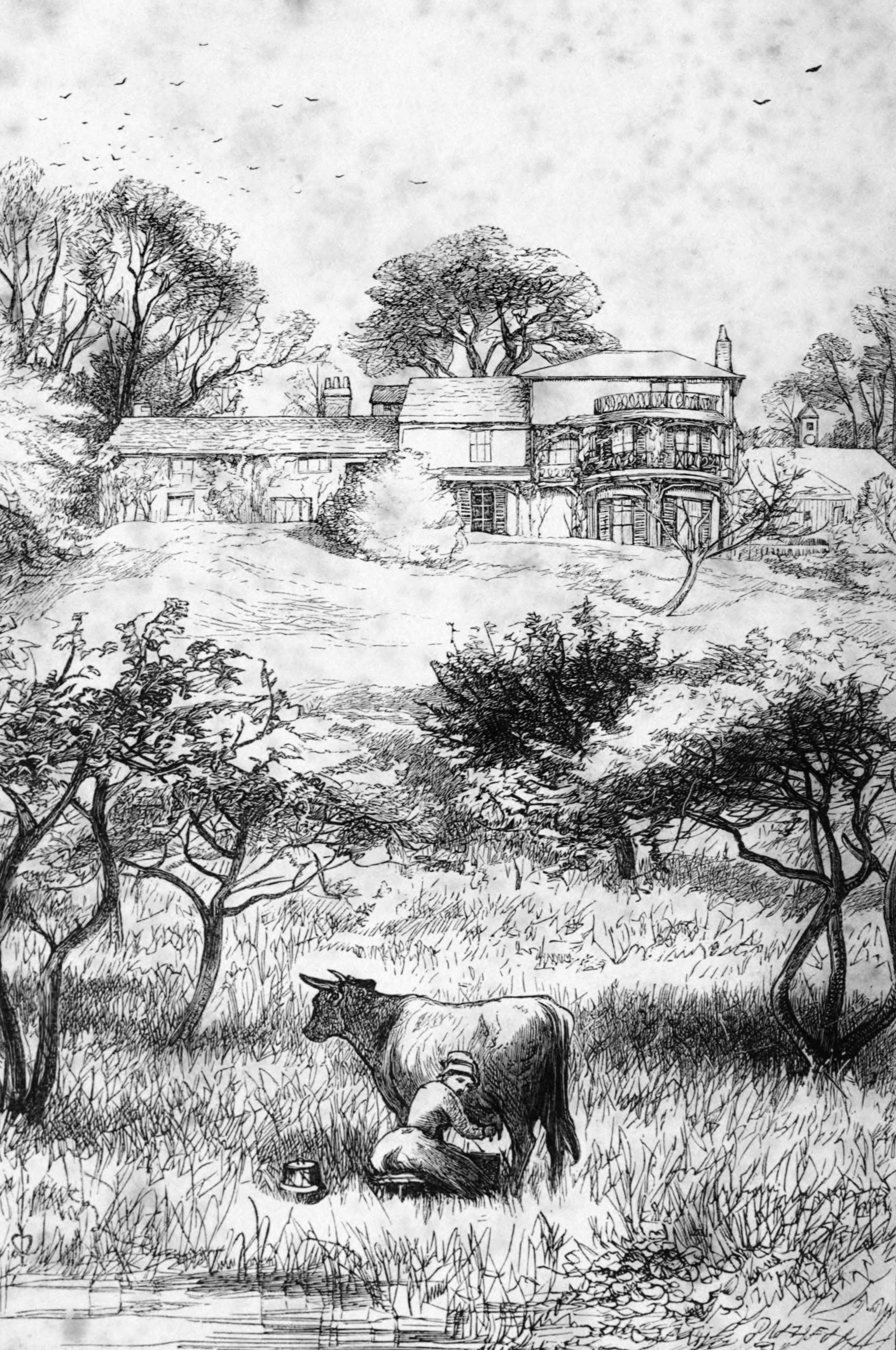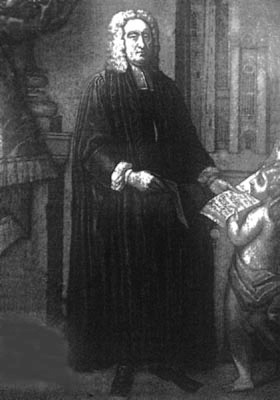|
The Old Law
''The Old Law, or A New Way to Please You'' is a seventeenth-century tragicomedy written by Thomas Middleton, William Rowley, and Philip Massinger. It was first published in 1656, but is generally thought to have been written about four decades earlier. The first edition The play first appeared in a badly-printed 1656 quarto issued by the bookseller Edward Archer (his shop was "at the sign of the Adam and Eve"), with the three dramatists' names on the title page. Scholars have little doubt about the general accuracy of the attribution; the doubt that does exist centres on the role of Massinger, since the play shows many typical signs of being a Middleton/Rowley collaboration. "Probably all critics are sure of the presence of Middleton and Rowley, but Massinger's contribution has been difficult to trace." David Lake, in his study of attribution problems in the Middleton canon, holds that Massinger's share consisted only of a light revision, and that signs of his hand are strong ... [...More Info...] [...Related Items...] OR: [Wikipedia] [Google] [Baidu] |
Tragicomedy
Tragicomedy is a literary genre that blends aspects of both tragedy, tragic and comedy, comic forms. Most often seen in drama, dramatic literature, the term can describe either a tragic play which contains enough comic elements to lighten the overall mood or a serious play with a happy ending. Tragicomedy, as its name implies, invokes the intended response of both the tragedy and the comedy in the audience, the former being a genre based on human suffering that invokes an accompanying catharsis and the latter being a genre intended to be humorous or amusing by inducing laughter. In theatre Classical precedent There is no concise formal definition of tragicomedy from the classical antiquity, classical age. It appears that the Greek philosopher Aristotle had something like the Renaissance meaning of the term (that is, a serious action with a happy ending) in mind when, in ''Poetics (Aristotle), Poetics'', he discusses tragedy with a dual ending. In this respect, a number of An ... [...More Info...] [...Related Items...] OR: [Wikipedia] [Google] [Baidu] |
Literary Fairy Tale
A literary fairy tale is a fairy tale that differs from an oral folktale in that it is written by "a single identifiable author", as defined by Jens Tismar's monograph. They also differ from oral folk tales, which can be characterized as "simple and anonymous", and exist in a mutable and difficult to define genre with a close relationship to oral tradition. One of the earliest stories of this type is that of Cupid and Psyche, a story originally from ''Metamorphoses'' (also called ''The Golden Ass''), written in the 2nd century AD by Apuleius. Notable authors of literary fairy tales * Hans Christian Andersen * Godfried Bomans * Italo Calvino * Madame d'Aulnoy * Fabiola of Belgium See also *Fairytale fantasy Fairytale fantasy is a subgenre of fantasy. It is distinguished from other subgenres of fantasy by the works' heavy use of motifs, and often plots, from fairy tales or folklore. History Literary fairy tales were not unknown in the Roman era ... References Source ... [...More Info...] [...Related Items...] OR: [Wikipedia] [Google] [Baidu] |
Ann Arbor, Michigan
Ann Arbor is a city in Washtenaw County, Michigan, United States, and its county seat. The 2020 United States census, 2020 census recorded its population to be 123,851, making it the List of municipalities in Michigan, fifth-most populous city in Michigan. Located on the Huron River, Ann Arbor is the principal city of its Metropolitan statistical area, metropolitan area, which encompasses all of Washtenaw County and had 372,258 residents in 2020. Ann Arbor is included in the Metro Detroit, Detroit–Warren–Ann Arbor combined statistical area and the Great Lakes megalopolis. Ann Arbor was founded in 1824 by John Allen (pioneer), John Allen and Elisha Rumsey. It was named after the wives of the village's founders, both named Ann, and the stands of Quercus macrocarpa, bur oak trees they found at the site of the town. The University of Michigan was established in Ann Arbor in 1837, and the city's population grew at a rapid rate in the early to mid-20th century. A college town, ... [...More Info...] [...Related Items...] OR: [Wikipedia] [Google] [Baidu] |
University Of Michigan Press
The University of Michigan Press is a university press that is a part of Michigan Publishing at the University of Michigan Library. It publishes 170 new titles each year in the humanities and social sciences. Titles from the press have earned numerous awards, including Lambda Literary Awards, the PEN/Faulkner Award, the Joe A. Callaway Award, and the Nautilus Book Award. The press has published works by authors who have been awarded the Pulitzer Prize, the National Humanities Medal and the Nobel Prize in Economics. History From 1858 to 1930, the University of Michigan had no organized entity for its scholarly publications, which were generally conference proceedings or department-specific research. The University Press was established in 1930 under the university's Graduate School, and in 1935, Frank E. Robbins, assistant to university president Alexander G. Ruthven, was appointed as the managing editor of the University Press. He would hold this position until 195 ... [...More Info...] [...Related Items...] OR: [Wikipedia] [Google] [Baidu] |
The Fixed Period
''The Fixed Period'' (1882) is a satirical dystopian novel by Anthony Trollope. Introduction It was first published in six instalments in ''Blackwood's Magazine'' in 1881–82 and in book form in 1882. In the same year there also appeared US and Tauchnitz editions of the novel. There were no further editions until 1981. ''The Fixed Period'' is Trollope's only piece of dystopian writing. Trollope was influenced in writing the book by ''The Old Law'', a 17th-century tragicomedy written by Thomas Middleton, William Rowley, and Philip Massinger which he had read, and commented upon, in 1876. ''The Fixed Period'' is set in the year 1980 in the Republic of Britannula, a fictional island in the vicinity of New Zealand, and deals with euthanasia as a radical solution to the problem of the aged. The novel takes the form of a personal account written by the President of Britannula about the island's recent history. It has frequently been remarked that when the book came out Trollope himse ... [...More Info...] [...Related Items...] OR: [Wikipedia] [Google] [Baidu] |
Utopian And Dystopian Fiction
Utopian and dystopian fiction are subgenres of speculative fiction that explore extreme forms of social and political structures. Utopian fiction portrays a setting that agrees with the author's ethos, having various attributes of another reality intended to appeal to readers. Dystopian fiction offers the opposite: the portrayal of a setting that completely disagrees with the author's ethos. Some novels combine both genres, often as a metaphor for the different directions humanity can take depending on its choices, ending up with one of two possible futures. Both utopias and dystopias are commonly found in science fiction and other types of speculative fiction. More than 400 utopian works in the English language were published prior to the year 1900, with more than a thousand others appearing during the 20th century. This increase is partially associated with the rise in popularity of science fiction and young adult fiction more generally, but also larger scale social change tha ... [...More Info...] [...Related Items...] OR: [Wikipedia] [Google] [Baidu] |
Anthony Trollope
Anthony Trollope ( ; 24 April 1815 – 6 December 1882) was an English novelist and civil servant of the Victorian era. Among the best-known of his 47 novels are two series of six novels each collectively known as the ''Chronicles of Barsetshire'' and the Palliser novels, as well as his longest novel, ''The Way We Live Now''. His novels address political, social, and gender issues and other topical matters. Trollope's literary reputation dipped during the last years of his life, but he regained somewhat of a following by the mid-20th century. Biography Anthony Trollope was the son of barrister Thomas Anthony Trollope and the novelist and travel writer Frances Milton Trollope. Though a clever and well-educated man and a Fellow of New College, Oxford, Thomas Trollope failed at the Bar due to his bad temper. Ventures into farming proved unprofitable, and his expectations of inheritance were dashed when an elderly, childless uncle remarried and fathered children. Thomas Trollope was ... [...More Info...] [...Related Items...] OR: [Wikipedia] [Google] [Baidu] |
For Preventing The Children Of Poor People In Ireland From Being A Burden To Their Parents Or Country, And For Making Them Beneficial To The Publick
For or FOR may refer to: English language *For, a preposition *For, a complementizer *For, a grammatical conjunction Science and technology * Fornax, a constellation * for loop, a programming language statement * Frame of reference, in physics * Field of regard, in optoelectronics * Forced outage rate, in reliability engineering Other uses * Fellowship of Reconciliation, a number of religious nonviolent organizations * Fortaleza Airport (IATA airport code), an airport in Brazil * Revolutionary Workers Ferment (''Fomento Obrero Revolucionario''), a small left communist international * Fast oil recovery, systems to remove an oil spill from a wrecked ship * Field of Research, a component of the Australian and New Zealand Standard Research Classification * FOR, free on rail, a historic form of international commercial term or Incoterm * "For", a song by Dreamcatcher from '' Apocalypse: Save Us'', 2022 See also * 4 (other) 4 is a number, numeral, and digit. 4 or four ma ... [...More Info...] [...Related Items...] OR: [Wikipedia] [Google] [Baidu] |
Jonathan Swift
Jonathan Swift (30 November 1667 – 19 October 1745) was an Anglo-Irish writer, essayist, satirist, and Anglican cleric. In 1713, he became the Dean (Christianity), dean of St Patrick's Cathedral, Dublin, and was given the sobriquet "Dean Swift". His trademark deadpan and ironic style of writing, particularly in works such as ''A Modest Proposal'' (1729), has led to such satire being subsequently termed as "Swiftian". He wrote the satirical book ''Gulliver's Travels'' (1726), which became his best-known publication and popularised the fictional island of Lilliput and Blefuscu, Lilliput. Following the remarkable success of his works, Swift came to be regarded by many as the greatest satirist of the Georgian era, and one of the foremost prose satirists in the history of English literature. Swift also authored works such as ''A Tale of a Tub'' (1704) and ''An Argument Against Abolishing Christianity'' (1712). He originally published all of his works under pseudonyms—including L ... [...More Info...] [...Related Items...] OR: [Wikipedia] [Google] [Baidu] |
Crocodile Tears
Crocodile tears are false or insincere displays of emotion. ''Crocodile Tears'' may also refer to: * ''Crocodile Tears'' (film), a 2024 film by Tumpal Tampubolon * ''Crocodile Tears'' (novel), an ''Alex Rider'' novel by Anthony Horowitz *''Crocodile Tears'', the fictional film within '' Along Came Polly'', a 2004 romantic comedy film *"Crocodile Tears", a 2007 song from ''Tangled Up'' (Girls Aloud album) *"Crocodile Tears", a 1990 country song from ''Lee Roy Parnell'' (album) *"Crocodile Tears", a 2024 song by Lauren Mayberry from '' Vicious Creature'' See also *" Crocodile Tearz", a 2024 song from ''Might Delete Later'' *'' Larme de Crocodile'', a 1997 Shibuya-kei album by Kahimi Karie *'' Luha ng Buwaya'' ("Crocodile's Tear"), a Tagalog-language novel by Amado V. Hernandez * Alligator Tears (other) {{disambiguation ... [...More Info...] [...Related Items...] OR: [Wikipedia] [Google] [Baidu] |
Sexism
Sexism is prejudice or discrimination based on one's sex or gender. Sexism can affect anyone, but primarily affects women and girls. It has been linked to gender roles and stereotypes, and may include the belief that one sex or gender is intrinsically superior to another. Extreme sexism may foster sexual harassment, rape, and other forms of sexual violence. Discrimination in this context is defined as discrimination toward people based on their gender identity or their gender or sex differences. An example of this is workplace inequality. Sexism refers to violation of equal opportunities (Equal opportunity, formal equality) based on gender or refers to violation of equality of outcomes based on gender, also called substantive equality. Sexism may arise from social or cultural customs and norms. Etymology and definitions According to legal scholar Fred R. Shapiro, the term "sexism" was most likely coined on November 18, 1965, by Pauline M. Leet during a "Student-Faculty For ... [...More Info...] [...Related Items...] OR: [Wikipedia] [Google] [Baidu] |
Euthanasia
Euthanasia (from : + ) is the practice of intentionally ending life to eliminate pain and suffering. Different countries have different Legality of euthanasia, euthanasia laws. The British House of Lords Select committee (United Kingdom), select committee on medical ethics defines euthanasia as "a deliberate intervention undertaken with the express intention of ending a life to relieve intractable suffering". In the Netherlands and Belgium, euthanasia is understood as "termination of life by a doctor at the request of a patient". The Dutch law, however, does not use the term 'euthanasia' but includes the concept under the broader definition of "assisted suicide and termination of life on request". Euthanasia is categorised in different ways, which include Voluntary euthanasia, voluntary, Non-voluntary euthanasia, non-voluntary, and Involuntary euthanasia, involuntary. [...More Info...] [...Related Items...] OR: [Wikipedia] [Google] [Baidu] |




